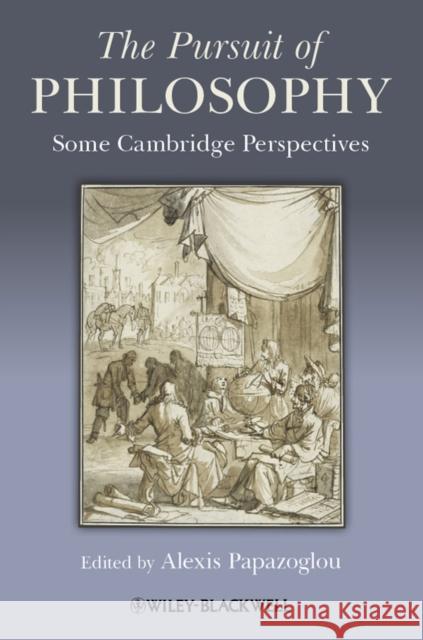The Pursuit of Philosophy: Some Cambridge Perspectives » książka
topmenu
The Pursuit of Philosophy: Some Cambridge Perspectives
ISBN-13: 9781118295182 / Angielski / Miękka / 2012 / 178 str.
Eleven Cambridge academics approach philosophy from various fields, to broaden its practical and theoretical applications.
- Guides a tour through various academic departments--including history, political science, classics, law, and English--to ferret out the philosophy in their syllabi, and to show philosophy's symbiotic relationship with other fields
- Provides a map of what philosophy is considered to be at Cambridge in the early twenty-first century, about a hundred years after the -founding fathers- of analytic philosophy reigned at Cambridge
- Offers useful new directions for the study and application of philosophy, and how other fields can influence them











